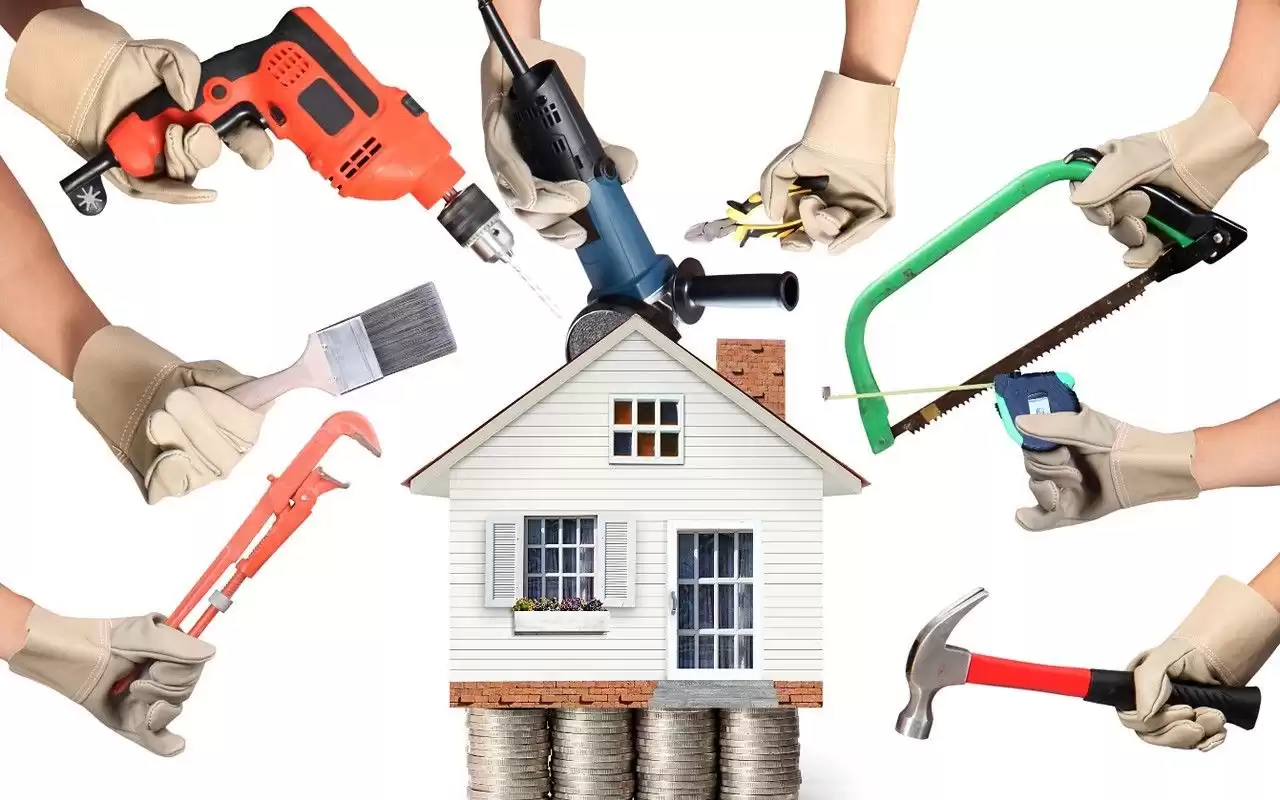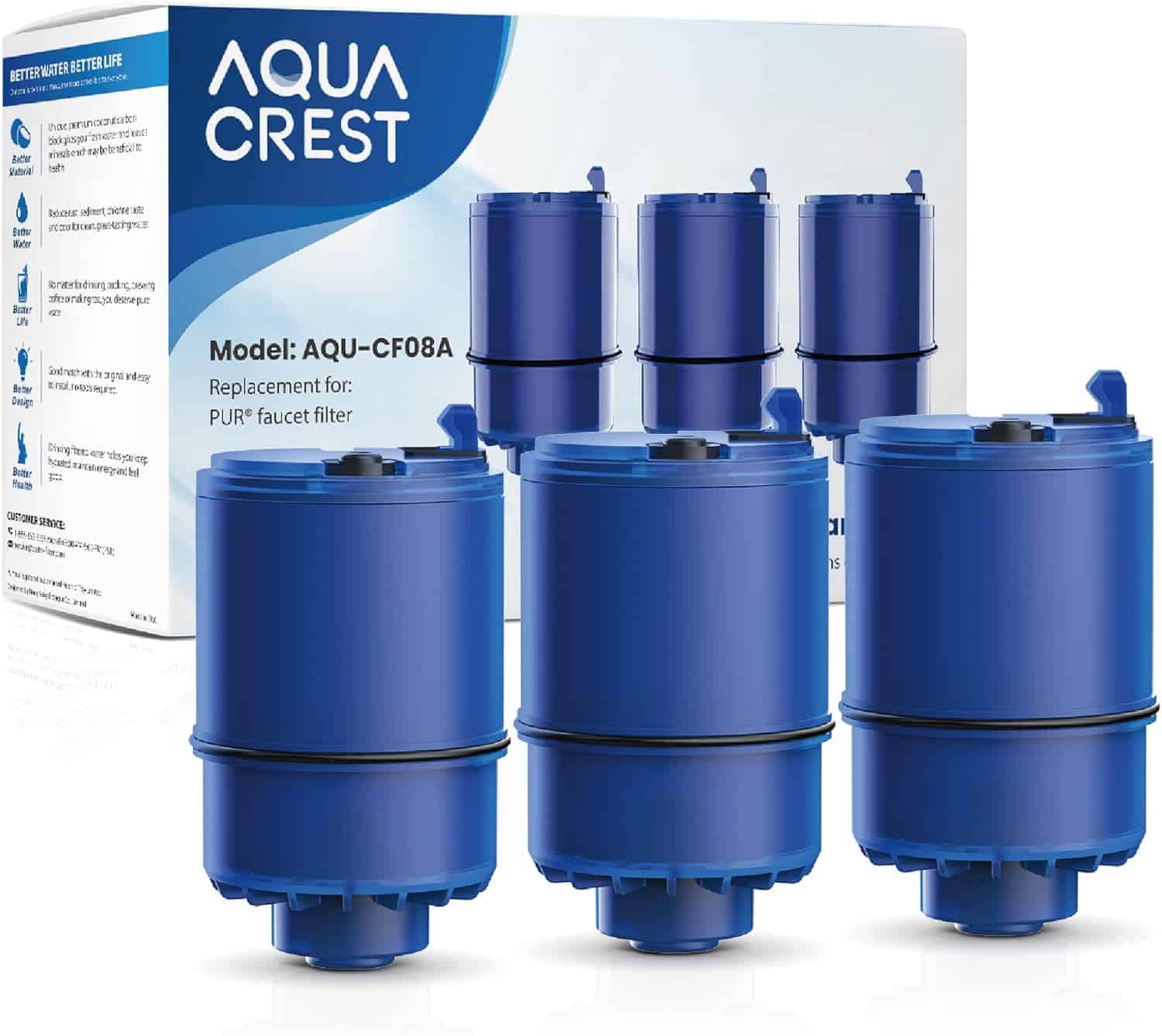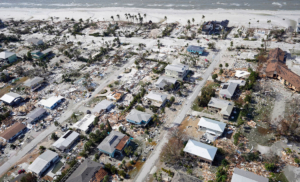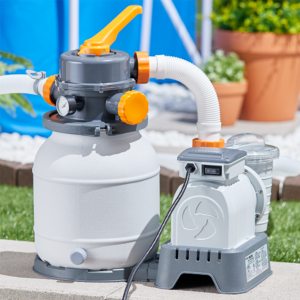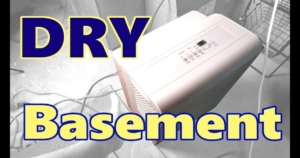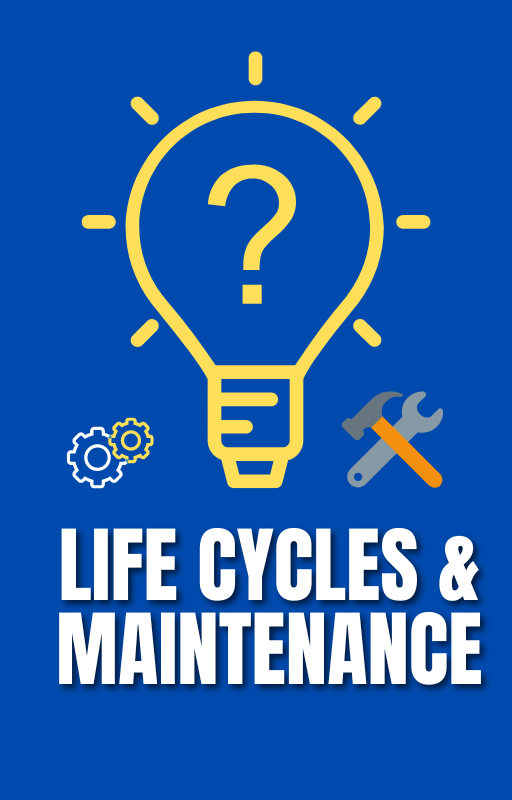Common Issues with Pool Heat Pumps: Troubleshooting Guide
Pool heat pumps are a popular choice for maintaining the desired temperature of swimming pools due to their convenience and energy efficiency. However, like any mechanical system, they can encounter issues that affect their performance. If you’re experiencing problems with your pool heat pump, don’t worry!
This guide will address pool owners’ common issues and provide practical solutions to get your heat pump back on track. Let’s dive in and explore how to overcome these challenges, ensuring your pool remains comfortably warm throughout the season.
Pool Heat Pump Insufficient Heating or Inconsistent Temperature
One of the most common problems pool owners encounter with their heat pumps is insufficient heating or inconsistent temperature. Imagine eagerly jumping into your pool, only to find that it’s not as warm as you expected. This issue can be caused by various factors, but fortunately, there are troubleshooting steps you can take to resolve it.
Potential causes of insufficient heating or inconsistent temperature:
1. Incorrect sizing of the heat pump.
2. Insufficient airflow or obstructed ventilation.
3. Faulty thermostat or temperature sensors.
Troubleshooting solutions for insufficient heating or inconsistent temperature:
1. Evaluate heat pump sizing based on pool size and environmental factors.
2. Clear debris, check air filters, and ensure adequate airflow.
3. Calibrate or replace malfunctioning thermostat or temperature sensors.
High Energy Consumption
Another concern pool owners may face is high energy consumption from their heat pumps. While these systems are designed to be energy-efficient, certain factors can lead to excessive energy usage. By understanding the causes and implementing the right solutions, you can reduce your energy costs without compromising the warmth of your pool.
Potential causes of high energy consumption:
1. Inefficient heat pump model.
2. Improper usage or maintenance practices.
3. Undersized or oversized heat pump for the pool.
Troubleshooting solutions for high energy consumption:
1. Consider upgrading to a more energy-efficient heat pump model.
2. Follow recommended maintenance procedures and optimize pool usage patterns.
3. Ensure the heat pump is correctly sized for the pool’s specific needs.
Water Leaks or Drips
Water leaks or drips can be a frustrating issue with pool heat pumps, as they not only waste water but also indicate potential system inefficiencies. Identifying the source of the leaks and addressing them promptly will help maintain the performance and longevity of your heat pump.
Potential causes of water leaks or drips:
1. Damaged or worn-out seals, gaskets, or O-rings.
2. Loose or faulty connections.
3. Internal component failure.
Troubleshooting solutions for water leaks or drips:
1. Inspect and replace damaged seals, gaskets, or O-rings.
2. Tighten or replace faulty connections.
3. Seek professional assistance for internal component repairs or replacement.
Frozen or Icing Heat Pump
Opening Paragraph:
If you live in an area with colder temperatures, you may encounter issues with your pool heat pump freezing or icing up. This can disrupt the heat pump’s functionality and hinder its ability to maintain the desired pool temperature. Let’s explore the causes of this problem and learn how to prevent and resolve it effectively.
Potential causes of a frozen or icing heat pump:
1. Low outdoor temperature.
2. Insufficient or improper defrost settings.
3. Dirty evaporator coils.
Troubleshooting solutions for a frozen or icing heat pump:
1. Adjust defrost settings based on the outdoor temperature.
2. Regularly clean the evaporator coils to prevent ice buildup.
3. Consider installing a frost control kit or heat pump cover for added protection.
Error Codes and Faulty Displays
Modern pool heat pumps are equipped with advanced electronic systems that can display error codes and indicate faulty components. Understanding these error codes and knowing how to troubleshoot them will help you address any issues promptly, ensuring the optimal operation of your heat pump.
Potential causes of error codes and faulty displays:
1. Electrical or wiring issues.
2. Sensor malfunctions.
3. Internal system faults.
Troubleshooting solutions for error codes and faulty displays:
1. Check electrical connections and replace faulty wiring.
2. Test and calibrate sensors or replace them if necessary.
3. Consult the manufacturer’s manual or contact a professional for complex internal system issues.
Troubleshooting Common Issues with Pool Heat Pumps FAQs
1. Q: Why is my pool heat pump not heating the water adequately?
A: Insufficient heating can be caused by factors such as incorrect sizing of the heat pump, insufficient airflow or obstructed ventilation, or a faulty thermostat or temperature sensors. Evaluating heat pump sizing, ensuring proper airflow, and calibrating or replacing faulty components can help resolve this issue.
2. Q: How can I reduce the high energy consumption of my pool heat pump?
A: High energy consumption can result from factors like an inefficient heat pump model, improper usage or maintenance practices, or an incorrectly sized heat pump. Upgrading to a more energy-efficient model, following recommended maintenance procedures, and ensuring the right-sized heat pump can help lower energy costs.
3. Q: What should I do if my pool heat pump is leaking water?
A: Water leaks or drips can occur due to damaged seals, gaskets, or O-rings, loose or faulty connections, or internal component failure. Inspecting and replacing damaged components, tightening connections, and seeking professional assistance for internal repairs are recommended solutions.
4. Q: How do I prevent my pool heat pump from freezing or icing up?
A: To prevent freezing or icing, adjust the defrost settings based on the outdoor temperature, regularly clean the evaporator coils to prevent ice buildup, and consider installing a frost control kit or heat pump cover for added protection in colder climates.
5. Q: What do error codes on my pool heat pump display mean?
A: Error codes typically indicate specific issues with the heat pump, such as electrical or wiring issues, sensor malfunctions, or internal system faults. Consulting the manufacturer’s manual or contacting a professional can help diagnose and troubleshoot these error codes effectively.
6. Q: Can I install a larger heat pump to heat my pool faster?
A: Installing a larger heat pump than necessary for your pool size may not necessarily heat the pool faster. It’s crucial to ensure the heat pump is correctly sized based on the pool’s specific needs to achieve optimal performance and energy efficiency.
7. Q: How often should I clean the filters of my pool heat pump?
A: Regularly cleaning the filters is essential for maintaining the efficiency of your pool heat pump. It’s recommended to clean or replace the filters every two weeks or as per the manufacturer’s guidelines to ensure proper airflow and prevent debris buildup.
8. Q: Why is my pool heat pump making unusual noises?
A: Unusual noises can indicate issues like loose components, worn-out bearings, or debris in the system. Inspecting the unit, tightening any loose parts, and removing debris can help resolve these noise-related problems. If the issue persists, professional assistance may be required.
9. Q: How long does a pool heat pump typically last?
A: A well-maintained pool heat pump can last between 10 to 15 years, depending on factors such as usage, maintenance practices, and environmental conditions. Regular maintenance and prompt troubleshooting can help extend the lifespan of your heat pump.
10. Q: Can I repair my pool heat pump myself, or should I hire a professional?
A: Minor troubleshooting and maintenance tasks, such as cleaning filters or clearing debris, can be done by pool owners. However, complex issues, electrical repairs, or internal component failures should be handled by qualified professionals to ensure safety and proper resolution.
Remember, while these answers provide general guidance, it’s essential to consult your heat pump’s specific manufacturer’s instructions and seek professional assistance if needed for more accurate and comprehensive solutions to your pool heat pump issues.
By familiarizing yourself with the common issues encountered with pool heat pumps and the troubleshooting solutions, you can ensure that your pool remains at the perfect temperature throughout the swimming season. Regular maintenance, prompt troubleshooting, and seeking professional help are vital to keeping your pool heat pump functioning optimally. With these expert tips, you can overcome any challenges and enjoy a refreshing and inviting pool all year round.



